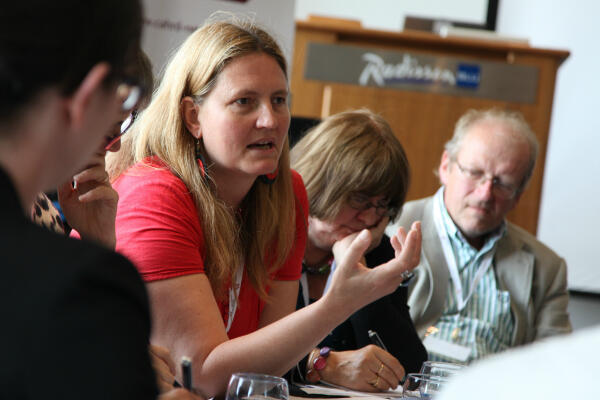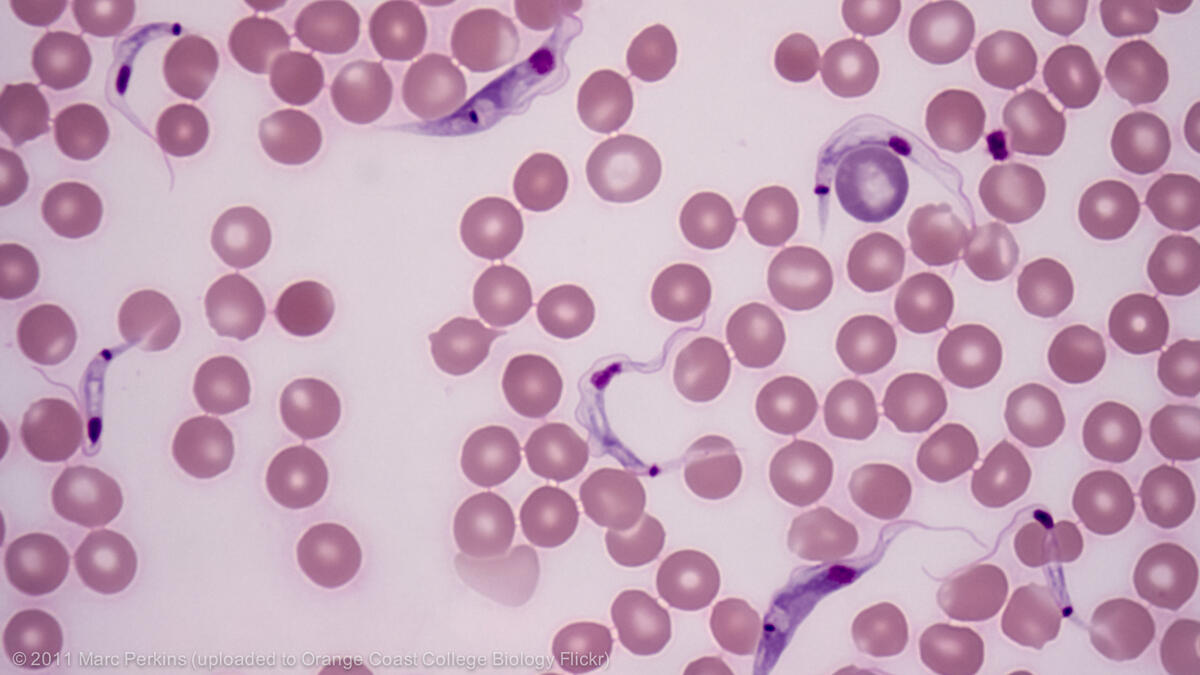
About
LSTM was the first institution in the world dedicated to research and teaching in the field of tropical medicine
About
Liverpool School of Tropical Medicine (LSTM), founded in 1898, was the first institution in the world dedicated to research and teaching in the field of tropical medicine.
As a registered charity, we work across the world, often in very difficult circumstances, to fulfil our mission of reducing the burden of sickness and mortality in disease endemic countries. We do that through the delivery of effective interventions which improve human health and are relevant to the poorest communities.
Our work in combating diseases such as TB, HIV/AIDS, malaria, dengue and lymphatic filariasis is supported by a research order book of well over £210 million.
Our worldwide reputation and the calibre of our research outputs has secured funding to lead over 10 international consortia and product development partnerships aimed at reducing or eliminating the impact of diseases upon the world's poorest people.
Our state-of-the-art facilities continue to develop new drugs, vaccines and pesticides which put us at the forefront of infectious disease research.
As a teaching institution, we attract more than 600 students from 68 countries, from PhD research and Masters programmes to a range of professional courses, and work in partnership with health ministries, universities and research institutions worldwide to train the next generation of doctors, scientists, researchers and health professionals.
The provision of technical assistance is a major component of LSTM's mission of promoting the improved health of the poor and disadvantaged peoples. LSTM consultancy improves health systems in developing countries whilst helping to inform our teaching and research agendas.
We also provide pre- and post travel clinical services through our subsidiary Well Travelled Clinics Ltd, with centres in Liverpool and Chester.

Director David Lalloo
Since 1898 we have led the field in the fight against infectious, debilitating and disabling diseases.
We continue to be a leading international institution in the fight against infectious, debilitating and disabling diseases.
People
As a teaching institution, we attract more than 600 students from 68 countries, from PhD research and Masters programmes to a range of short courses, and work in partnership with health ministries, universities and research institutions worldwide to train the next generation of doctors, scientists, researchers and health professionals.

History
During the late 19th century Liverpool became one of the most important ports in Great Britain. A lack of sanitation and shipping controls led to regular outbreaks of diseases in the city and often entire crews of ships would be suffering from unknown infections.




